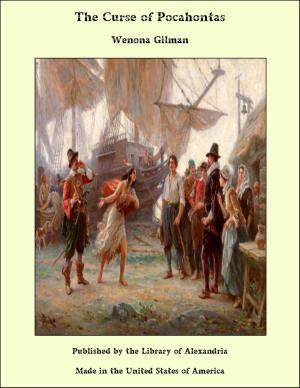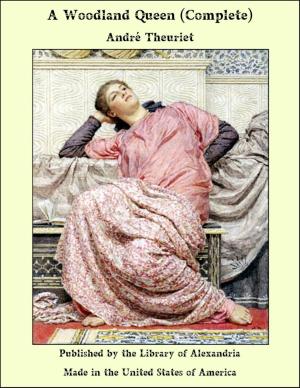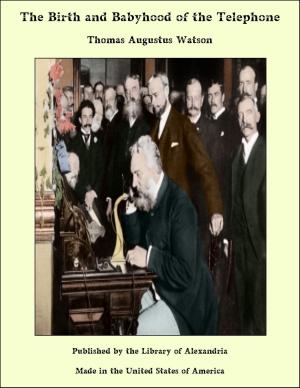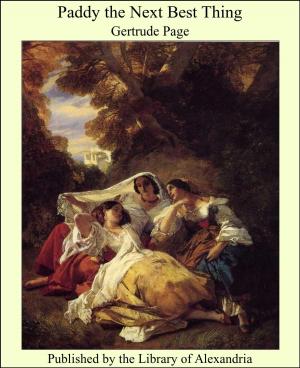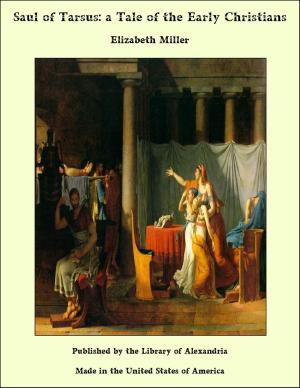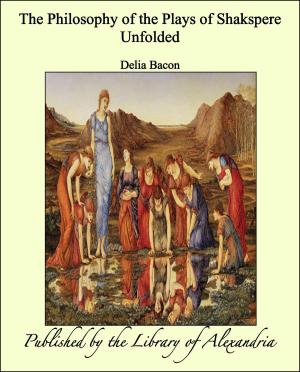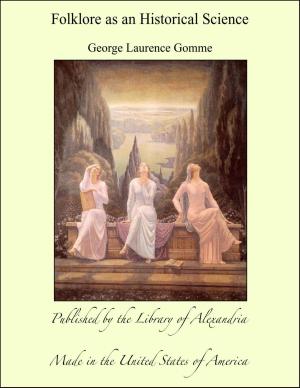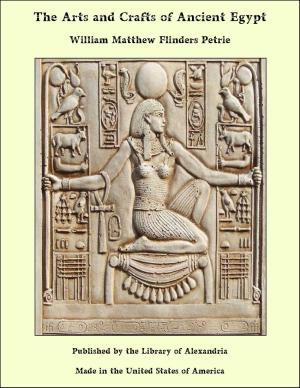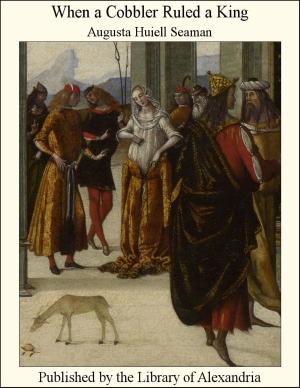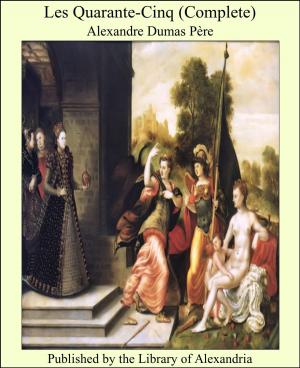| Author: | Miles Menander Dawson | ISBN: | 9781465577337 |
| Publisher: | Library of Alexandria | Publication: | March 8, 2015 |
| Imprint: | Language: | English |
| Author: | Miles Menander Dawson |
| ISBN: | 9781465577337 |
| Publisher: | Library of Alexandria |
| Publication: | March 8, 2015 |
| Imprint: | |
| Language: | English |
WHEN Confucius died, it is recorded that his last words were regrets that none among the rulers then living possessed the sagacity requisite to a proper appreciation of his ethical philosophy and teachings. He died unhonoured,—died in his seventy-third year, 479 B.C., feeling in the flickering beats of his failing heart that his inspiring pleas for truth and justice, industry and self-denial, moderation and public duty, though then without having awakened men's impulses, would yet stir the depths of the social life of his land.
WHEN Confucius died, it is recorded that his last words were regrets that none among the rulers then living possessed the sagacity requisite to a proper appreciation of his ethical philosophy and teachings. He died unhonoured,—died in his seventy-third year, 479 B.C., feeling in the flickering beats of his failing heart that his inspiring pleas for truth and justice, industry and self-denial, moderation and public duty, though then without having awakened men's impulses, would yet stir the depths of the social life of his land.


